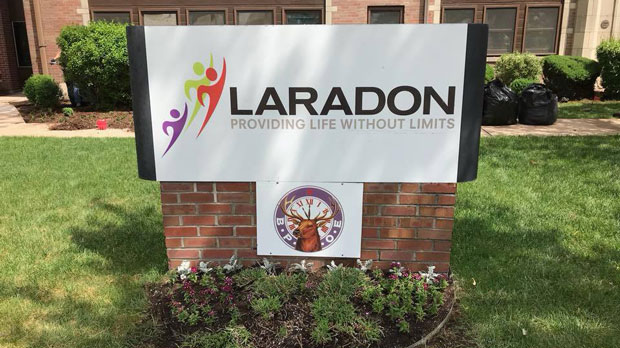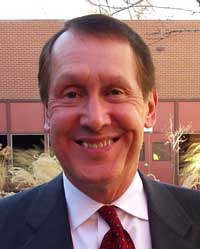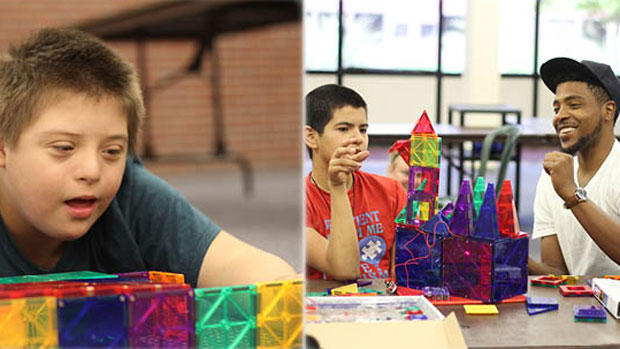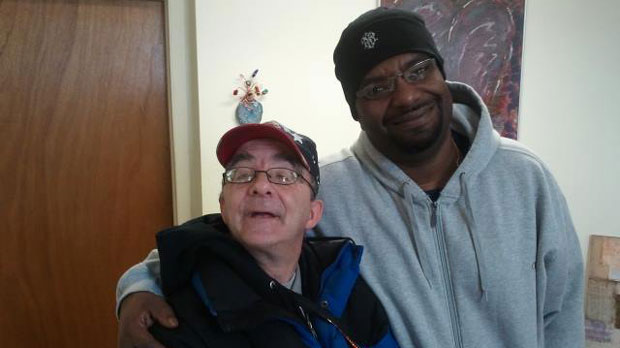
By Alexandra Fradelizio and Priscilla Rodriguez | m/Oppenheim Media Writers
Helping someone who is living with a cognitive or developmental disability is very different from providing someone with a health treatment. There aren’t instant remedies for people with disabilities.

“Unlike health care which provides cures, individuals with disabilities require a human,” says Douglas McNeill, Chief Executive Officer of Laradon in Denver, Colorado, an organization dedicated to supporting children and adults living with various disabilities.
Laradon was founded in 1948 when two young students were denied an education because of their cognitive disabilities, which then inspired their parents to create a unique learning institution that would support students just like them.
Now, 70 years later, the campus thrives in its mission, serving more than 700 children and adults with disabilities through its various programs every day. Programs range from educational courses to everyday services, such as helping students navigate emotions and speech difficulties.
“That includes daily activities that you and I take for granted,” says McNeill, “like going to eat, going to a movie, going to the mall, getting dressed, anything, really.”
It is because of establishments like this one that hundreds of students with disabilities have been able to successfully integrate their lives with friends, loved ones, and coworkers and have developed a sense of purpose.
McNeill explained that Laradon has not only helped to create an important learning environment for people with disabilities but it has also been instrumental in the transformation of a system that perpetuates the institutionalization of this vulnerable population instead of catering to it.
“They are probably among the most vulnerable members of any community,” he says.

“Without the assistance of another human, most of them could not survive.”
Over 200 staff members and volunteers participate in the success of these students every day, including educators, speech therapists, social workers, psychologists, and behaviorists. For many of them, says McNeill, the motivation in being a part of Laradon is “in their DNA.”
When he first joined the organization, McNeill says he was drawn to Laradon’s staff because of their commitment to serving an underrepresented and underappreciated population.
“Many of our staff have a story, some type of personal connection to the cause” he says.
“They all could be making more money doing something else, but it’s all about purpose.”
It is no secret that those working in the education sector are underpaid despite the impact of the role, yet Laradon’s team demonstrates patience, drive, and passion in their work.
Laradon has helped thousands of children and adults over the years, equipping them with tools to live and carry out productive, independent lives. Whether that means learning to make a cup of coffee for themselves, walking down the street to the market, accessing public transportation, or simply getting dressed, every step of the way is a major success.

Now as the organization celebrates 70 years of enhancing the lives of people with disabilities, McNeill says the next step is to develop more partnerships with like-minded organizations who can better serve the community. Laradon recently welcomed the opening of a 91-unit affordable housing complex in partnership with a developer, and the organization is already looking forward to creating more affordable housing units over the next years.
“We want to be faithful to our mission to provide services that allow us to participate in the community and do good.”
